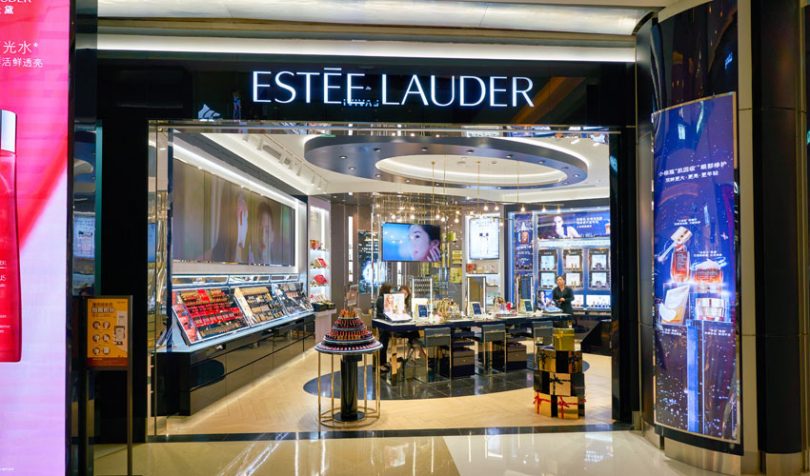Yesterday Estée Lauder Companies (ELC) and its hair care brand Aveda revealed that it’s using blockchain for responsible and sustainable sourcing of materials. It’s leveraging the technology to trace vanilla sourced from Madagascar, where 80% of the world’s vanilla produce originates.
“Blockchain technology adds an extra layer of transparency to our sourcing practices, verifying our vanilla supply chain’s compliance with the highest ethical and environmental standards, and strengthening trust with our suppliers, consumers and investors,” said Greg Polcer EVP at Estée Lauder Companies (ELC).
It plans for 125 Aveda products to use the blockchain-traced vanilla by the spring of 2021. So far, it has completed a pilot with 450 farmers in Madagascar, which sell their vanilla beans to the local cooperative. A QR enabled mobile app is used to commence the traceability journey starting at the point of harvest logged on the Wholechain blockchain.
The pilot may have been a little easier given that the farmers have for generations marketed their produce with a unique stamp called a Fitomboka, which was used for record-keeping historically. The Fitomboka was digitized into a digital card, enabling the local co-op to capture the data with a QR code reader. The data was then tracked via local supplier Biovanilla through to ELC’s supplier LMR Naturals by IFF and into the Aveda products.
ELC chose vanilla as a starting point because it’s produced by smallholders with intensive farming needs and has climate challenges and price fluctuations. ELC’s global sustainable business partner BSR was involved in the project.
Meanwhile, Wholechain is a blockchain solution from Envisible which targets traceability in the food sector. It’s blockchain technology is based on Mastercard’s proprietary blockchain offering and it also has a partnership with the card firm.
While ELC is one of the earlier firms to explore blockchain in beauty, it’s not the first. For example, Cult Beauty is using the Provenance blockchain.






